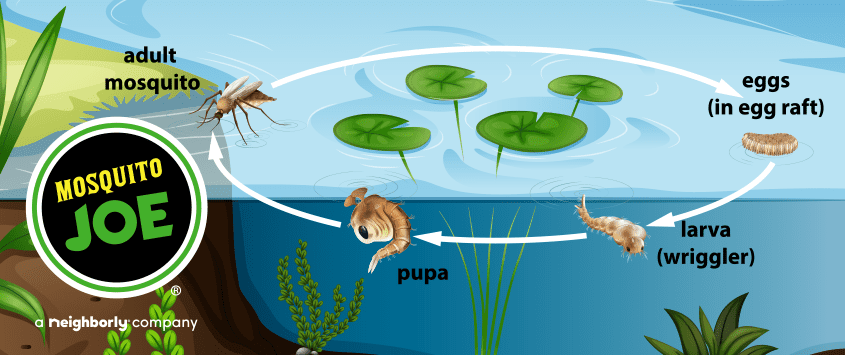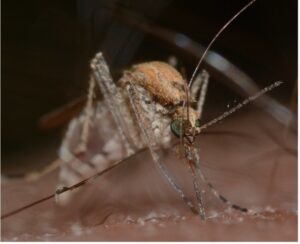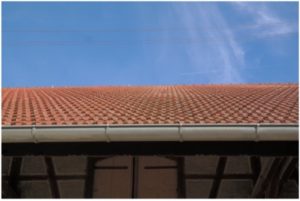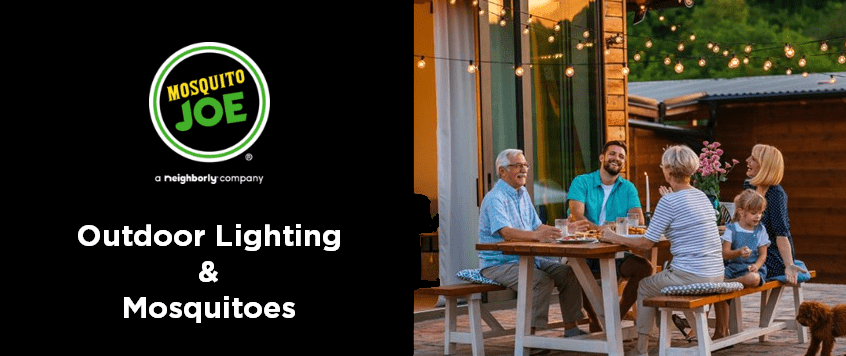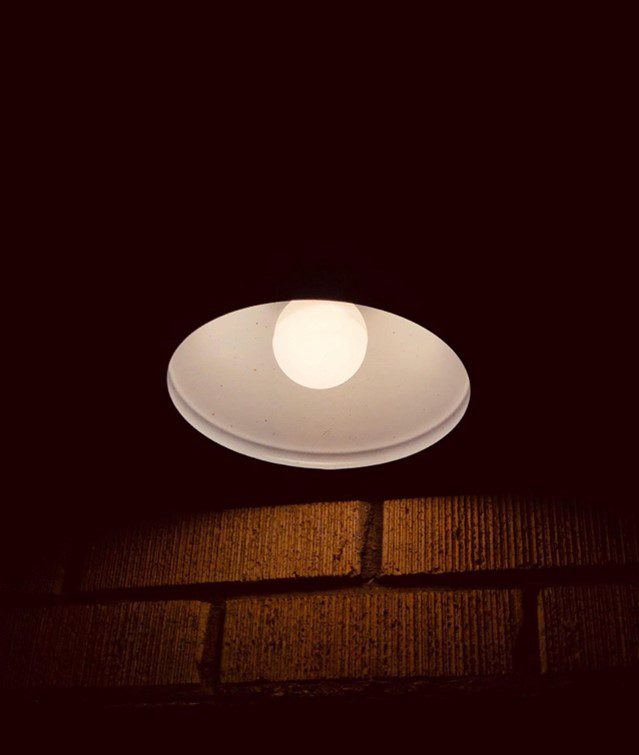Mosquito Eggs – Everything You Need to Know
At Mosquito Joe, we believe that the key to controlling a pest is understanding it. The more we understand their habits, behaviors, and needs, the better we can be at controlling the population and managing them. When it comes to mosquitoes, understanding mosquito eggs is vital. It’s the one thing that no laboratory has managed to kill. So, knowing what an egg needs to survive allows us to reduce the numbers in a yard, and hence the mosquito population as a whole.
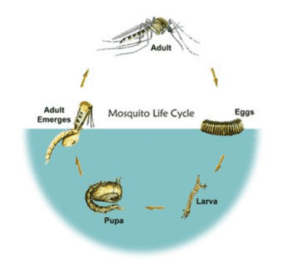 A mosquito’s life cycle involves 4 stages, beginning with the egg and ending with the emergence of the adult mosquito. The first three stages occur in water so that is the preferred location for eggs to be laid. But a mosquito will lay eggs elsewhere if there is no water available. Where the female lays her eggs is driven by the species.
A mosquito’s life cycle involves 4 stages, beginning with the egg and ending with the emergence of the adult mosquito. The first three stages occur in water so that is the preferred location for eggs to be laid. But a mosquito will lay eggs elsewhere if there is no water available. Where the female lays her eggs is driven by the species.
In general, mosquito eggs fall into 3 groups. The first are eggs that are laid as single units on water. The second are eggs laid in rafts which float on the water’s surface. The third are laid singly outside the water – on the side of rocks or holes or artificial containers. When the water rises in these areas, the eggs contact the water and hatch.
While managing water is the key to preventing the larvae from hatching, it’s not enough to control them. The fact is, if you have a female mosquito in your yard who wants to lay eggs, she will find a place. And if there is no water, then she will find a location where the soil is moist and opt for that. If you water regularly chances are that the soil is damp enough for her to lay eggs there.
If you have a culvert by the street, while it may not hold water when she visits, she will opt for it as a good spot. If you have plant pots, a wheelbarrow, or any number of containers in your yard, even if dry, she will lay eggs there knowing that the rain will come, and the container will fill.
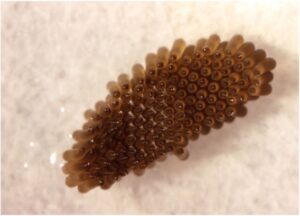 So how long will that egg survive if we don’t get rain? The answer is the key to why mosquitoes are so hard to control. A mosquito egg can lay dormant for up to 15 years. They can be frozen in ice and hatch when the ice melts. You may read that Dawn dish soap can suffocate eggs, but this is not true. No one has worked out how to kill a mosquito egg and we are limited to killing the larvae and pupae (as well as the adults).
So how long will that egg survive if we don’t get rain? The answer is the key to why mosquitoes are so hard to control. A mosquito egg can lay dormant for up to 15 years. They can be frozen in ice and hatch when the ice melts. You may read that Dawn dish soap can suffocate eggs, but this is not true. No one has worked out how to kill a mosquito egg and we are limited to killing the larvae and pupae (as well as the adults).
The best way to control the mosquitoes in your yard is to limit the water, as well as areas where water can accumulate after rain. As soon as water touches an egg it can hatch, and ONE TEASPOON of water will provide enough for 300 eggs. A good checklist is as follows:
- Keep your gutters flowing and free of debris.
- Turn all containers upside down and store them out of the elements (plant pots, wheelbarrows, saucers under plant pots, gutter drains, etc.).
- Even your yard if you have low spots can accumulate water. Customers with the worst mosquito issues are usually those who have dogs that dig holes in their yard.
- Minimize the use of tarps – one tarp can create multiple pockets of standing water.
- If you have poor drainage in your yard, fixing it can resolve a lot of issues. Direct water away from your property and be careful not to lay a French drain without a steep angle – poorly designed drains are hidden under the ground, but not from mosquitoes.
- Keep your yard tidy and your ground clear of as much leaf and pine needle debris as possible. The more ground cover you have, the wetter the soil beneath.
- Bring kids’ toys inside before rains. One small plastic toy can fill with water and breed a lot of mosquitoes. The same goes for plastic kid playhouses.
- Refresh your birdbaths often, it is not enough to tip out the water – mosquito eggs can cling to the sides. Scrub the bath before refilling so you are not just refreshing the water for those eggs!
- Finally, after a weather event spend a few minutes tipping and tossing the water. An egg cannot hatch without water, so don’t give them that option!
Our mosquito service involves more than laying down products. Our technicians will tip and toss as they treat, so if you want to have us manage these issues just give us a call to find out more at 979-859-5998.
 Outside is fun again.
Outside is fun again.
